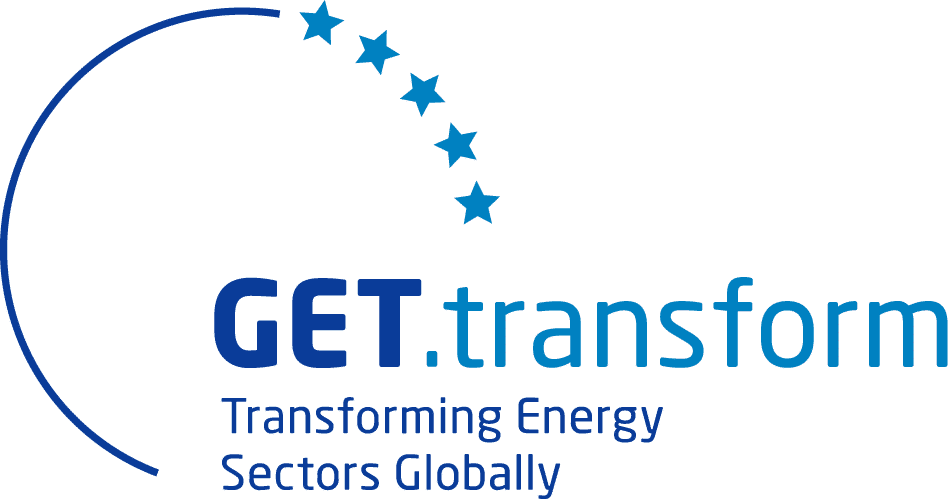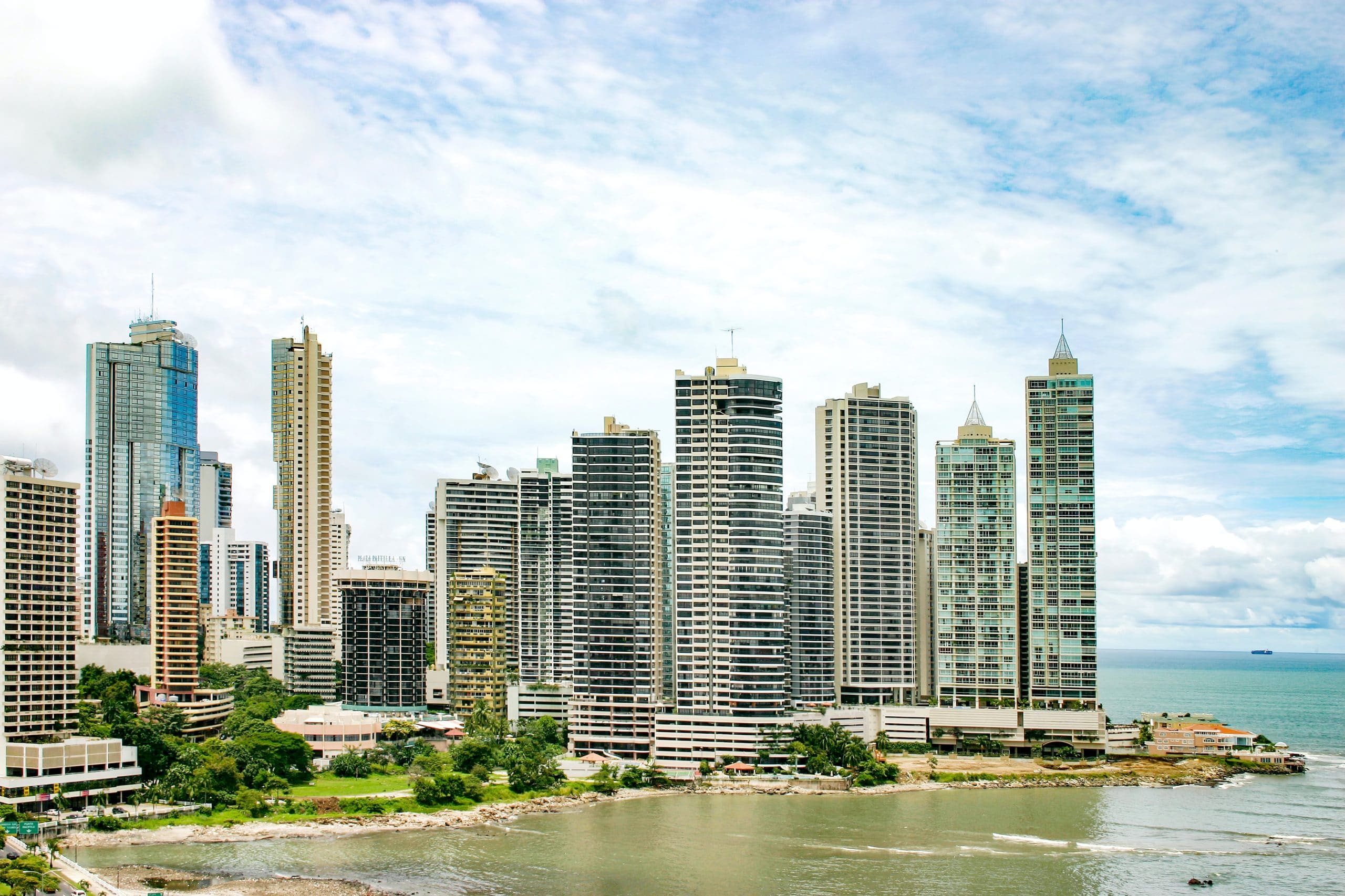On 17 February, best practices from Costa-Rica and Panama came together in the second seminar on Long-Term Energy Scenarios in Latin America, a series jointly organised by the United Nations Economic Commission for Latin America and the Caribbean (ECLAC) together with the International Renewable Energy Agency (IRENA) and GET.transform. The seminar series builds on IRENA’s LTES Network and also forms part of the Technical Forum of Energy Planners of UN ECLAC and GET.transform (FOREPLEN).
With many Latin American countries facing similar challenges in transforming their energy sectors, such as coordination among government institutions, FOREPLEN provides a valuable platform for expert exchanges and peer learning. Ruben Contreras Lisperguer, Economic Affairs Officer in charge of Energy at UN-ECLAC, highlighted some of the advances the region will experience in upcoming years, such as the introduction of hydrogen in different sectors and the role of electromobility post-COVID.
Shedding light on successful answers to common energy planning issues, the seminar featured long-term energy scenario experiences from Costa-Rica and Panama. Arturo Molina, technical advisor to Costa Rica’s 2015-2030 National Energy Plan, stressed his country’s focus on promoting energy efficiency, distributed generation and sustainable development of the electricity sector within its energy policy.
Looking at the experience of Panama, Ms. Guadalupe Gonzalez, Director of Electricity of the National Energy Secretariat, stressed the energy transition focus on establishing short-term (2024) and long-term (2050) actions, while also addressing the challenge of quality of service problems and incorporating renewable energies.
Dive into all findings by watching the English recording above or the Spanish version here.
The seminar’s dissemination of best practices continues on 3 March when the next event will highlight lessons learned in energy planning from Uruguay and Ecuador.



